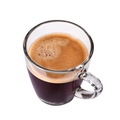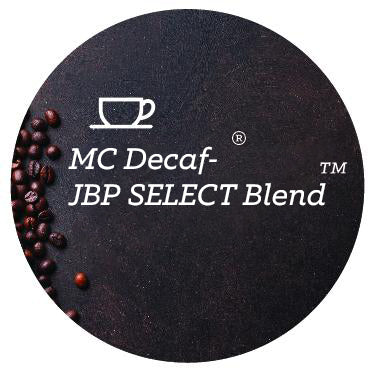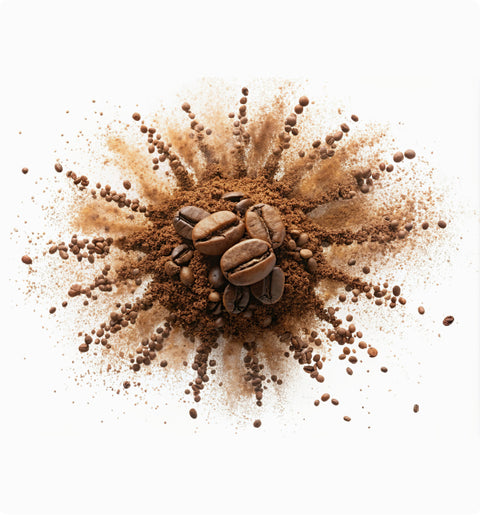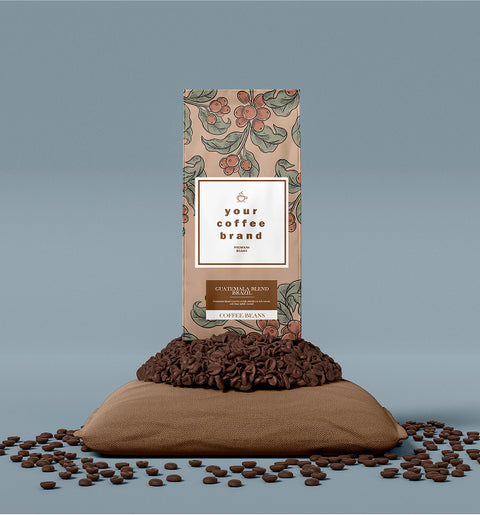Methylene Chloride (MC)
Let customers speak for us
from 1291 reviews
Espresso Vienna blend is my go-to coffee all day long. bold but not bitter. it has great depth and richness.

Best Highlander Grogg I've found, the Morning Warrior blend was delicious as well!
Thanks guys
One of my favorites of all time has a perfect balance of cinnamon and pecan will purchase again

In addition to the title description, the customer service is stellar. I have contacted the customer service folks twice over the many years I have bought coffee from them. Both times the response was incredibly quick and informative. The contacts were non issues (testimony in itself) and not in need of a resolution, rather for requesting and receiving excellent suggestions for specific coffees that are too my liking. Every suggestion fit the bill.

The customers seem to really like this one. The reviews from influencers say its got a bold coffee flavor thats not too overpowering and they appreciate lattes not tasting like sweet tan milk.

Consistent business operations and products. The dark 4 is great, strong but not burnt or bitter

My husband has the same coffee maker at work that we have at home and he told me that he doesn't like drinking coffee at work because ours tastes so much better and he thinks it can only be the beans we get from java bean. You guys make the best!!!

Love this espresso!

Delicious, as always!

This is an awesome Company for your coffee needs!
Excellent coffee and exceptional service....
VERY fast and on tine shipping

Awesome coffee, service and shipping you don’t need to bother looking else where.
Vanilla Almond Flavored Coffee Beans

Perfect Coffee and delivery!
Been doing business with Java bean for a while now and haven’t been disappointed.

Perfection is the norm with this company!!

Commitment To Value
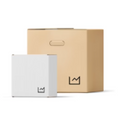
Fast Shipping
